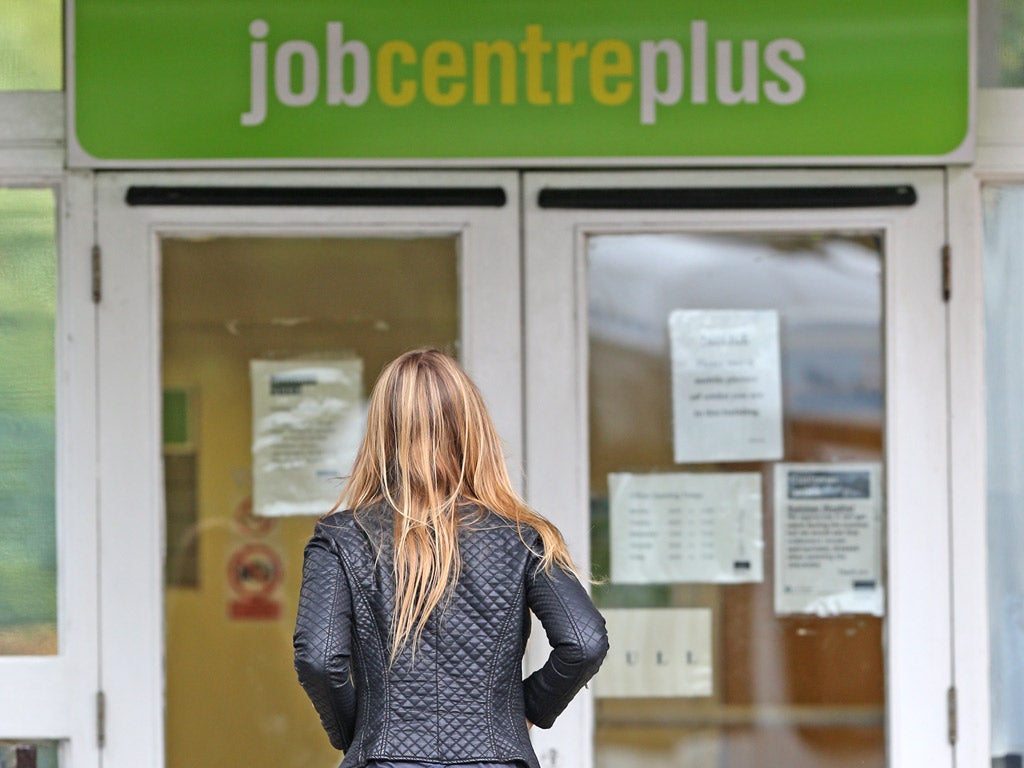With unemployment set to soar, the government should call a ‘Cobra for jobs’
Vacancies are evaporating at a record rate. The Institute for Employment Studies says ministers need to call on external advice to manage the next phase. With criticism about the handling of Covid-19 mounting, ministers should listen, says James Moore


Which is the bigger surprise: that job vacancies have fallen by 42 per cent since the UK’s lockdown started or that there are still nearly half a million out there?
Some may answer the latter, and that says a lot about where we are.
The Institute for Employment Studies produced the figures, using data from job site Adzuna, as part of an analysis funded by the Joseph Rowntree Foundation.
It probably won’t come as too much of a surprise that vacancies in fields such as social work and cleaning have actually seen a rise. Those in healthcare have fallen, but only by a bit. The latter is ever so slightly concerning. Equally as disturbing, however, is the scale of the fall in sectors not directly affected by the lockdown (openings have unsurprisingly evaporated in areas such as hospitality).
The site recorded a fall of more than 60 per cent in postings for roles in sales, administration, public relations, consulting, HR and recruitment, energy and charity work.
The overall decline in vacancies, from 820,000 to 475,000, is two-and-a-half times greater than the previous record, during the last recession.
This finding dovetails with other data, as the government’s job retention scheme gets moving.
The Resolution Foundation, for example, thinks that as many as 11.7 million people could be furloughed, or made redundant, over the next three months. The declining number of employers looking to fill roles may find themselves swamped.
Its analysis says workers in the aforementioned hospitality, and retail, will fare the worst, with 3.1 million employees (46 per cent) in those sectors facing furlough, and an additional 800,000 becoming unemployed.
Needless to say, the positions they occupy are generally low waged ones. It is always the poorest that get hit hardest during downturns. This one only services to emphasise the point, and in a particularly brutal matter.
The government hasn’t earned, or deserved, much credit with its handling of the crisis. The job retention scheme is, however, a notable exception.
There is going to be a very, very sharp rise in unemployment even with the scheme, but its creation should at least prevent the figures from moving into catastrophic Wall Street Crash followed by 1930s depression territory.
I’m not overstating the case with that. The British Chambers of Commerce thinks that two-thirds of British firms have put some portion of their workforce on furlough.
Early reports suggest that the HM Revenue & Customs portal, through which employers can apply to cover 80 per cent of their furloughed employees’ wages plus any employer national insurance and pension contributions, up to £2,500 per staff member, has been working well.
While some problems are inevitable, given enormous number of applications when the scheme opened for business, the fact that something working well has become quite as newsworthy as it has only serves to highlight the government’s grotesque failings in other areas (its generally slow response, the lack of protective equipment for health workers, the limited numbers of coronavirus tests and so on and so on).
With the scheme up and running, the best minds, and the ministers, in Whitehall’s economic departments could do worse than turning their attention to the future.
It is beset with uncertainty. The best way to reduce this uncertainty is to put in place a framework to facilitate the fastest, and smoothest, possible recovery when the scientific consensus allows for the lockdown to be eased (and it is only then that it should be eased).
The suggestion, by the Institute for Employment Studies, of a Cobra-style committee meeting for jobs, bringing in expertise from outside Whitehall, is a sound idea. The government’s handling of the economic aftermath of this crisis needs to be much better than the way it has handled the crisis itself.
Join our commenting forum
Join thought-provoking conversations, follow other Independent readers and see their replies
Comments